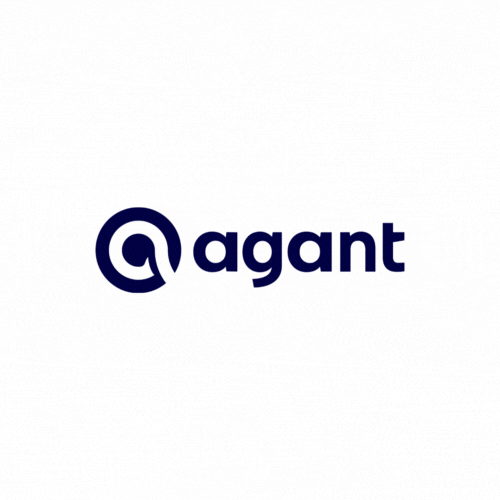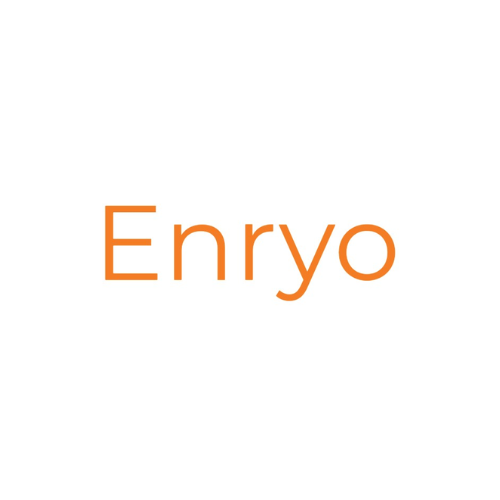The Italian Banking Association (ABI) has announced the successful trial of a wholesale central bank digital currency (wCBDC) known as Project Leonidas, conducted as part of the Bank of Italy’s sandbox. The trial, which took place last year, highlighted benefits such as atomic transactions, transparency, and information traceability.
The testing phase occurred in 2023, prior to the Eurosystem’s announcement of its wholesale DLT trials involving central bank money. Unlike other wCBDC trials that often focus on securities settlement, the ABI concentrated on interbank transaction settlement.
Project Leonidas built on the earlier Project Spunta, which was one of the first mass DLT banking deployments launched in 2020 with nearly 100 Italian banks. Spunta automates interbank reconciliations using DLT and provides balances owed or due between banks. In Project Leonidas, a wholesale CBDC was used to automatically settle these interbank balances.
The second use case involved the automated settlement of Cash in Transit. Banks typically manage cash distribution through dedicated vaults handled by a Cash Handling Company. Cash is moved between vaults to balance shortages and surpluses, traditionally settled via wire transfer. In the trial, these interbank cash movements were automatically settled using the wCBDC.
The trial explored two different wholesale CBDC models. The integration model, where the wholesale CBDC is issued on the same platform as other assets, was used for settling Spunta interbank balances on the ABILabChain. This approach is similar to the Swiss National Bank’s live pilots on the SDX blockchain. The ABI noted challenges in integrating two distinct networks, leading to the exploration of an alternative model.
For the Cash in Transit use case, the interoperability model was used. This model involves two separate DLTs: one for recording wCBDC transactions and the other for logging cash ownership changes. Ensuring synchronicity between these changes is crucial, requiring a locking component to maintain protocol synchronisation.
Participants in the trial included the ABI, 16 banks, blockchain firm R3, Spunta technology partner NTT Data, and the Milano Hub, the Bank of Italy’s innovation hub. The combined efforts demonstrated the potential for wCBDCs to enhance the efficiency and transparency of interbank transactions.



































































